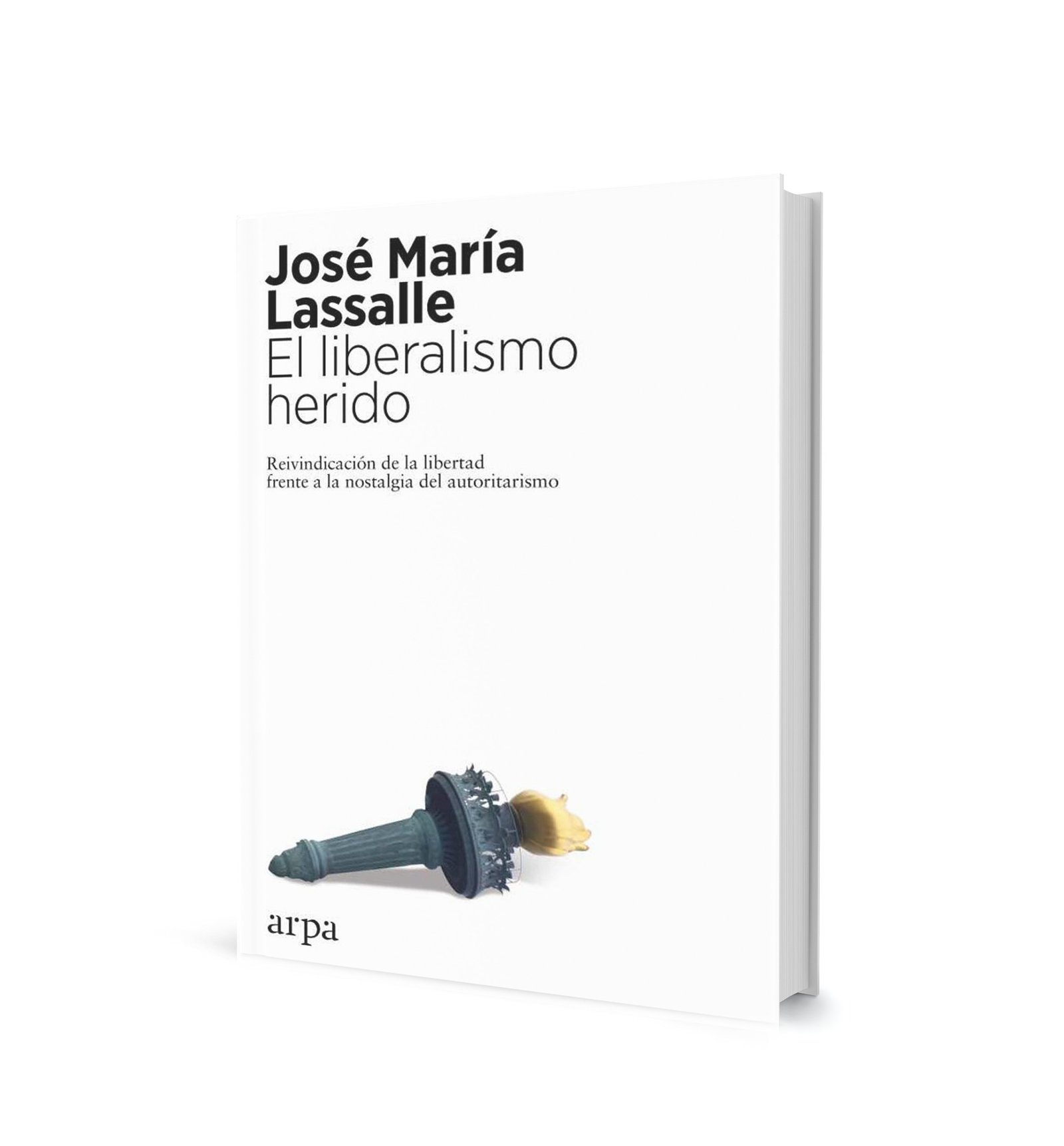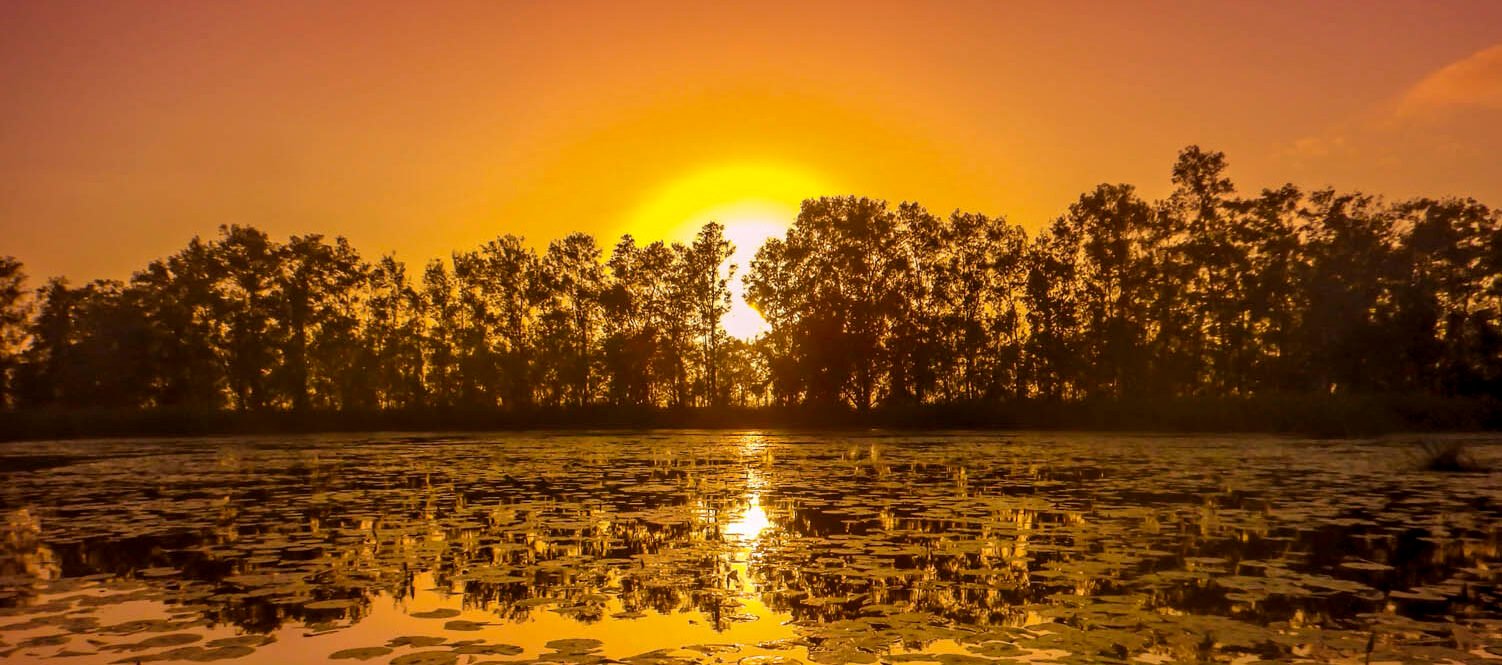
Laura Mora, A Filmmaker Explores the Human Condition
By Winnie T. Sittón
Laura Mora Ortega was born in Medellín and grew up in a family that was always in touch with art and politics. As a young girl, she wanted to become a war correspondent, which she saw as the perfect mix of three things that fascinated her: visual images, history, and politics. But over time she discovered that filmmaking was the form of artistic expression that brought together all her interests. “The experience inside a movie theater seemed powerful, like no other experience. It gave me a unique view of the human experience and I knew that was what I wanted to do.”
After graduating from high school in 1999, she applied to the Universidad Nacional de Colombia’s Film School, but wasn’t accepted. Although disappointed, she didn’t give up and instead studied photography for three semesters before traveling to Barcelona to study film. The school in Barcelona, however, failed to meet her expectations and she returned home and began making experimental videos and music video clips for her musician friends. Then, in 2002, her father was murdered by a hired killer and her life changed completely.
Shattered, she decided to move as far away as possible from Medellín and all the violence that had robbed her of the person she loved the most. The decision led her to Australia, a place very distant and different from everything she knew. She took refuge in this country surrounded by the Indian, Glacial Antarctic, and Pacific Oceans for four years, searching for the peace and tranquility she had lost. And although it was circumstance rather than genuine desire that had taken her to this new environment, she was able to work, pay for college, and finally study film. “Being far away also allowed me to think about Colombia and reflect on my own tragedy from a different place.

Revelation
One night, after two years on Australian soil, Laura had a dream. She was seated on a lookout point on the edge of a mountain, staring out at the city of Medellín, speaking to a boy her own age seated next to her. Suddenly, the young man looked at her and said: “My name is Jesus and I killed your father.” She woke up immediately and the impact of that revelation was strong enough to shake her out of the creative block she was in. “After not being able to write anything during those two years, I started writing what became the outline of my first film.”
The film is Matar a Jesús, one of the four features now screening on the IFF Panama Channel aboard Copa Airlines flights. This fiction film –directed by Mora Ortega and co-written with screenwriter Alonso Torres– was released in 2017 to much acclaim from audiences and critics. The film has screened at some of the world’s most important festivals, such as Toronto, San Sebastian, and Havana, meriting close to a score of awards along the way, including the Audience Award for Best Latin American Film at the 2018 International Film Festival of Panama. So it’s no exaggeration to say that it is now considered one of the most outstanding Colombian films in recent years.
The film’s plot tells the story of Paula, a 22-year-old college girl, who witnesses her father’s murder and, a few days later, recognizes the hired killer who shot him at a party: a boy her own age named Jesus. At that moment, the protagonist becomes a hunter whose sole objective is revenge. She has no idea, however, of the many feelings she’ll have to face as she establishes a relationship with the murderer. Along the way she is forced to decide whether she is capable of immersing herself in the spiral of violence that plagues Colombia.

No Messages or Conclusions
Despite the film’s intimacy and its proximity to her own story, Laura Mora clarifies that it isn’t a true story and that she isn’t interested in using the film to moralize.
“For me, filmmaking is a way of speaking with the world and that’s beautiful. That’s why I don’t feel the need to say, ‘this is the message of my film’. I only hope to raise some questions. I don’t believe in a world of good and evil, which seems like a Manichaean vision of the world. I believe in a world of contradictions and that’s why human beings fascinate me. In a deeply personal sense, this film is a love letter to my dad. Because I was educated in a way that allowed me to move on, even if we never receive any kind of reparation or justice. And the most important thing for me is that, in the end, this is what makes us stronger.”



